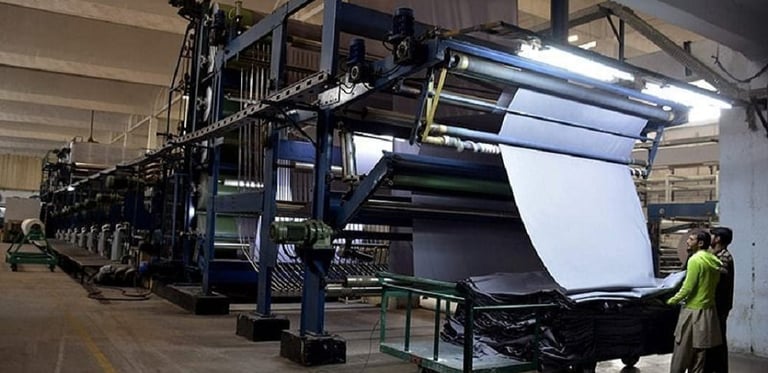Govt Proposes Amendments to PERA Act to Attract and Protect Foreign Investments
Pakistan plans major amendments to the Protection of Economic Reform Act (PERA) 1992 to safeguard foreign investments, ensure investor confidence, and boost industrial growth. Final approval awaits IMF clearance.
By Abdullah Abid
9/3/20252 min read


Govt Plans PERA Act Amendments to Boost Investor Confidence
The Government of Pakistan is preparing significant changes to the Protection of Economic Reform Act (PERA) 1992 as part of its draft Industrial Policy. These reforms are designed to attract foreign investment, safeguard remitted funds, and revitalize the country’s stagnant industrial sector.
The draft policy, which has already been presented to Prime Minister Shehbaz Sharif, aims to strengthen investor confidence, generate export surpluses, and achieve long-term economic stability. However, its finalization will require approval from the International Monetary Fund (IMF) due to Pakistan’s ongoing commitments under the IMF program.
Key Features of the Proposed Amendments
1. Safeguarding Incentives
One of the most notable proposals introduces a new section in the PERA Act that prohibits the retrospective withdrawal of fiscal incentives. This means once an investor has initiated a project based on existing policies, they will acquire vested rights that cannot be reversed by future policy changes.
2. Record Retention Rules
Amendments to the General Clauses Act 1897 propose limiting record retention to 10 years after the close of a financial year. However, if legal proceedings are still ongoing, companies will be required to maintain records until a final decision is reached.
3. Income Tax Ordinance Amendments
The government also plans to amend the Income Tax Ordinance 2001. A new sub-section under Section 111(4B) will exempt foreign exchange remitted through FATF-compliant jurisdictions and invested in industrial undertakings from scrutiny under unexplained income laws.
Such remittances would need to be certified by a bank certificate.
This exemption is aimed at encouraging industrial investment while shielding genuine investors from bureaucratic hurdles.
FBR and IMF Concerns
The Federal Board of Revenue (FBR) has raised concerns that the proposed exemptions may weaken safeguards established after negotiations with the Financial Action Task Force (FATF). Officials warned that any dilution could create compliance challenges and affect Pakistan’s global financial standing.
Additionally, the IMF’s influence over Pakistan’s fiscal reforms means the final approval of these amendments depends on meeting IMF conditions.
To balance these concerns, the government has tasked the State Bank of Pakistan (SBP) and the FBR to jointly design a practical mechanism. This would allow smoother declaration of income sources while ensuring that capital flows into Pakistan’s industrial sector remain transparent and compliant.
Why It Matters
If approved, these amendments could:
Strengthen investor protection.
Revitalize Pakistan’s industrial base.
Attract sustainable foreign investment.
Help generate export surpluses for economic growth.
However, successful implementation will require careful negotiation with both the IMF and FATF to maintain compliance while creating an investor-friendly environment.
Insights
Connect
Learn
contact@digitalpakistani.site
+1 908-220-1227
© 2025. All rights reserved.
